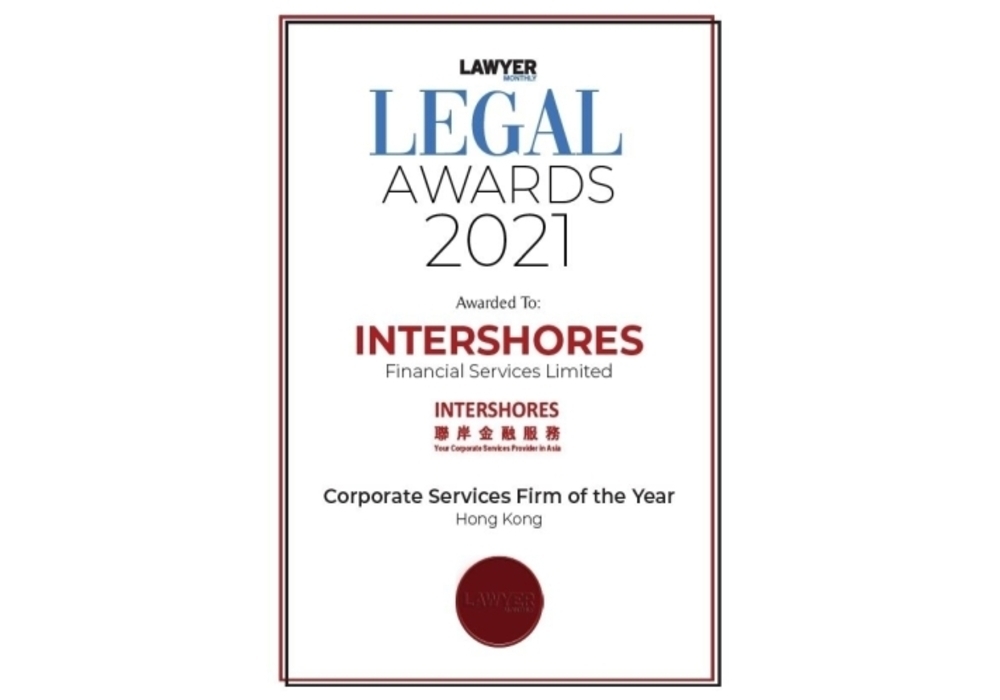|
Holding companies as a company structure is by far the preferred business arrangement for small and medium-sized foreign companies in Singapore. We herewith navigate business establishment procedures in Singapore for quick reference.
Requirements for Incorporation Individuals and business entities seeking to establish a holding company as a private limited company must meet the following basic requirements:
1. At least one shareholder. i. A Singaporean private limited company should have at least one shareholder, but no more than 50. ii. The shareholder can be a person or another legal entity, and 100 percent foreign shareholding is permitted. iii. New shares can be issued or transferred at any time after the Singaporean company has completed the incorporation process.
2. At least one director that is a Singaporean resident. i A “resident” is defined as a Singaporean Citizen, Permanent Resident, or individual who has been issued an Entrepass, Employment Pass or Dependent Pass. ii. There is no limit on the number of additional foreign or local directors that can be appointed, but most companies will have at least two directors to fulfill requirements from banks and other financial institutions in the country. iii. Directors must be at least 18 years old, and have no criminal record. iv. The shareholder and director are permitted to be the same person, and non-shareholders can also be appointed as directors.
3. A Singaporean resident company secretary. i. Within six months of incorporation, a company secretary must be appointed. ii. For companies with a single director/shareholder, the same person is not permitted to also act as the company secretary.
4. Paid-Up Capital i. The minimum paid-up capital (share capital) for the registration of a Singaporean company is S$1. ii. Paid-up capital can be increased at any time after incorporation, and there is no concept of authorized share capital for Singaporean companies.
5. A Registered Address A physical (residential or commercial) local address must be provided as the registered address of the company. The address may not be a Post Office Box, and must be approved by the Urban Redevelopment Authority. Residential properties can only be used under the Home Office Scheme.
An Introduction to Singapore Holding Companies Once the decision has been made to move ahead with self-incorporation, the following steps should be taken to register a private limited company:
1. Name Registration i. The first step in the registration process involves reserving the company’s name. The name must not conflict with an existing name or contain any sensitive or offensive words, and can typically be approved in less than an hour. Existing company names can be searched on the UEN website. The following guidelines should also be kept in mind to expedite the name registration process: ii. A private limited company name should have the word “Private” (or “Pte.”) or Sendirian (or Sdn.”), its Malay translation, as part of the name, inserted immediately before the word “Limited” or “Berhad” (“Ltd.” or “Bhd.”). iii. Names including certain words (such as bank, finance, law, etc.) may require review by a relevant government authority and prolong the approval process. iv. After a name has been approved, it will be reserved for 60 days from the date of application. This period can be extended by filing an extension request.
2. Company Registration After a company's name has been approved, a formal incorporation request can be filed on ACRA’s BizFile with the following:
i. SingPass ii. Name application number or approved company name iii. Company type iv. Particulars of additional directors/shareholders/members v. Registered place of business vi. Share capital details vii. PDF of Memorandum and Articles of Association
For companies that require approval or review, the process can take between 14 days and 2 months.
3. Official Certificate of Incorporation and Company Business Profile The Company Registrar will send an official email after successful incorporation that includes the company registration number, and can be treated as the official Certificate of Incorporation. In order to receive a hard copy of the certificate, an online request can be made along with a fee of S$50. A business profile that contains the company’s particulars can also be obtained for a small application fee. This and the Certificate of Incorporation are often sufficient for all legal and contractual interactions, including opening a corporate bank account, signing an office lease, and subscribing to telephone/internet services.
The holding company (in the form of a private limited company) is permitted to begin operations after these documents have been successfully obtained, and a Unique Entity Number (UEN) has been issued.
You can simply ask a corporate service provider to set up the Singapore holding company to save your administrative time which you should spend for business development.
Annual Compliance: General Meetings and Annual Returns Annual compliance requirements for private limited companies are also relatively minimal and include holding an annual general meeting and filing of annual returns.
Within 18 months of incorporation, the first annual general meeting of the company must be held with no more than 15 months elapsing between subsequent annual general meetings without Registrar approval. If a resolution calling for the disposal of annual general meetings is passed by all members with voting rights, however, this requirement can be avoided. Within one month of the company’s annual general meeting, an annual return must be made containing the particulars of the company officers, registered address, and auditors. Typically, companies engage a professional services firm to file an annual return on their behalf.
Whatsapp : (852) 6499 4686 Phone : (852) 2186 6936 Email : info@intershores.hk
Disclaimer: Whilst reasonable care has been taken in provision of information above, it does not constitute legal or other professional advice. INTERSHORES does not accept any responsibility, legal or otherwise, for any error omission and accepts no responsibility for any financial or other loss or damage that may result from its use. In particular, readers are advised to take appropriate professional advice before committing themselves to any involvement in jurisdictions, vehicles or practice. |
|


